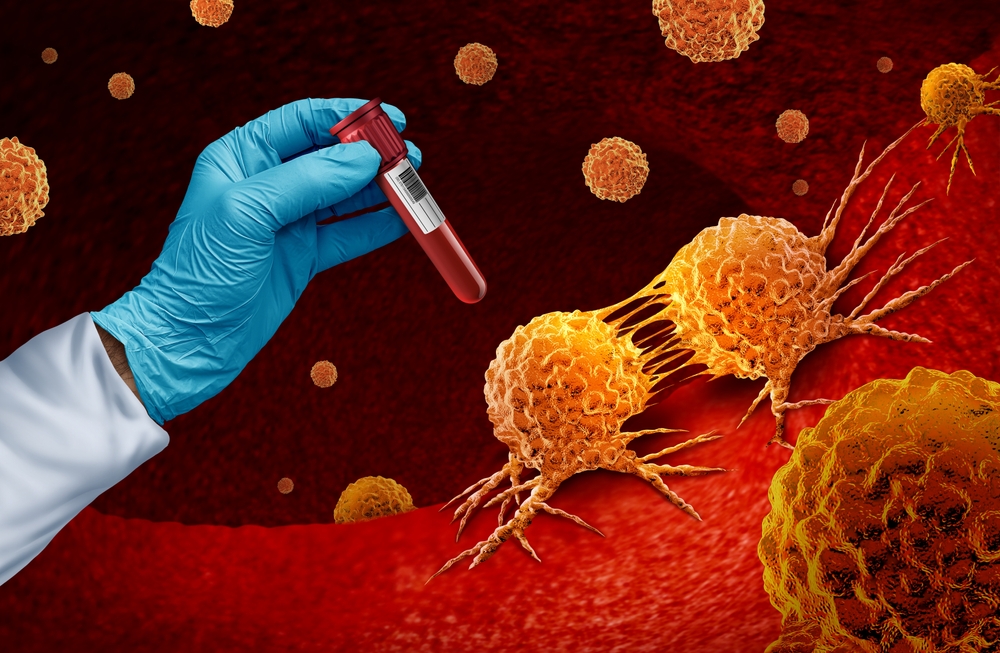Patients with B-cell acute lymphoblastic leukemia in the UK will receive a breakthrough CAR-T therapy on the NHS that has made a difference in clinical trials.
This personalized treatment, known as obe-cel (obecabtagene autoleucel), reprograms a patient’s own immune cells to attack cancer, offering hope for remission when conventional treatments fail.
Obe-cel, also known as Orcatsil, is manufactured by Autolus Therapeutics, a spin-out from University College London.
The therapy is produced in Stevenage, a hub for pharmaceutical research and cell and gene therapy innovation, strengthening the UK’s position at the forefront of CAR-T therapy development.
Experts are hailing this as a potentially life-changing advance, giving patients a chance to live longer and, for some, even hope for a cure.
How CAR-T therapy works
CAR-T therapy is a type of immunotherapy that uses the body’s immune system to fight cancer.
For obe-cel, doctors collect T cells from a patient and manipulate them in a lab to target leukemia cells.
Once reprogrammed, the cells are returned intravenously to the patient in two doses, 10 days apart, and ready to attack the disease.
Unlike traditional chemotherapy, which targets all rapidly dividing cells, CAR-T therapy specifically focuses on cancer cells, providing personalized treatment with potentially fewer serious side effects.
The treatment used in the trial demonstrated lower toxicity compared to previous CAR-T treatments, making it a safer option for patients.
Remarkable test results
Clinical studies of obe-cel have shown very promising results. Seventy-seven percent of patients experienced complete remission, and half of them no longer had detectable cancer after 3.5 years. On average, this treatment extended patients’ lives by 15.6 months.
By comparison, the average survival time with standard chemotherapy for advanced ALL is typically only 10 months, highlighting the transformative potential of CAR-T therapy for patients with limited options.
Professor Peter Johnson, NHS National Cancer Clinical Director, explained: “This cutting-edge treatment has shown real promise in trials and could give patients with this aggressive form of leukemia a chance to live longer from cancer and, for some, hope for a cure.”
“This ‘living drug’ boosts a patient’s own immune system and directs T cells to the cancer, killing it. It’s great to have another pioneering option available on the NHS, adding to the range of CAR-T therapies that will help blood cancer patients live longer and healthier lives.”
Patient access and eligibility
Eligible patients include adults aged 26 and older whose B-cell acute lymphoblastic leukemia has relapsed or has not responded to previous treatment.
Around 800 people in the UK are diagnosed with the disease each year, and NHS England estimates that around 50 patients a year could benefit from the treatment.
This treatment is provided at designated specialized CAR-T centers across the country. Thanks to interim funding from the NHS Cancer Medicines Fund, the rollout will be fast-tracked and the treatment will be available to patients faster than the usual 90-day implementation period.
CAR-T program expands in the NHS
This latest approval marks a further step forward for the UK’s CAR-T therapy programme. The program began in 2018, when the NHS became the first health system in Europe to offer these personalized treatments.
The NHS currently offers a range of CAR-T therapies to adults and children with a variety of blood cancers, highlighting the growing role of precision immunotherapy in oncology.
Experts describe obe-cel as a potential game changer for patients with advanced leukemia, offering increased survival and, in some cases, hope for a cure unimaginable with conventional treatments.
Source link

